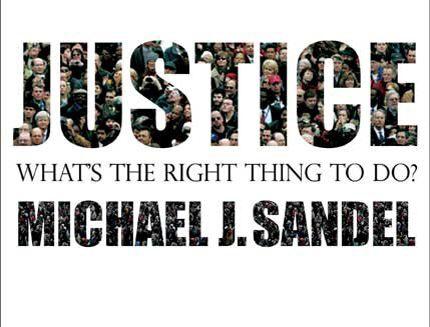It’s been a long time since I’ve done a book briefs blog. So here’s a quick rundown on the stack I’ve been accumulating over the past few months.
Herman Bavinck on Preaching and Preachers, translated and edited by James P. Eglinton (Hendrickson, 2017). Most people know Bavinck as a great Reformed dogmatician. Here we see a different side of the Dutch scholar and churchman. Bavinck’s remarks on the “art and science” of preaching are well worth reading, as is the accompanying sermon and the fascinating excerpt on “Preaching in America.”
Joni Eareckson Tada, Heaven: Your Real Home . . . from a Higher Perspective, expanded edition (Zondervan, 2018). There is a lot to find in this book—a lot of Scripture, a number of great stories, a series of prayers, and a host of important insights. But what I found above all else was hope. I was struck time and again by how much joy Joni has invested in heaven—and how much I ought to have invested in heaven. This is a book for people who are ready to take heaven seriously. I was encouraged, rebuked, and comforted all at the same time.
Chris Moles, The Heart of Domestic Abuse: Gospel Solutions for Men Who Use Control and Violence in the Home (Focus Publishing, 2015). Chris Moles is a pastor, a certified counselor with ACBC, and a leading expert on domestic abuse in the church. Pastors and churches wanting to look at this subject from a biblical perspective would do well to start with this book. And in today’s #MeToo world, church leaders cannot afford to be ignorant of these issues.
Brian Davies, Aquinas: An Introduction (Continuum, 2002). With chapters on the existence of God, the simplicity of God, and the goodness of God (and 18 other chapters), this book will help dispel a number of misunderstandings about Aquinas. Although the writing is not spectacular, Davies is an expert in his subject and provides a solid introduction to one of the church’s most influential thinkers.
John Piper, Expository Exultation: Christian Preaching as Worship (Crossway, 2018). Those who follow Piper’s ministry carefully will recognize a number of common themes (eloquence, joy, affections) and some familiar strategies (APTAT) from earlier works and lectures. But this is not a recycled collection of essays. Rather, we have mature homiletical reflections from one of the most powerful preachers of the last generation. With careful exegesis, the skillful use of history, and an eye toward practical application, this book is pure Piper.
Spencer W. McBride, Pulpit & Nation: Clergymen and the Politics of Revolutionary America (University of Virginia Press, 2016). An impressive collection of essays on the often overlooked role pastors played in the founding of America. The six chapters cover a ninteresting array of topics, from the role of chaplains to national days of fasting and prayer, even if the book’s overall narrative seems disjointed at times.
Warren Treadgold, The University We Need: Reforming American Higher Education (Encounter, 2018). With an impressive academic pedigree and the better part of his life in university life, Treadgold pulls no punches in criticizing American higher education as being obsessed with race, class, and gender instead of producing intellectually rigorous scholarship. Treadgold’s solution—a new university and two new federal boards—was not convincing, but his assessment of the problem deserves attention.
Jeffrey S. McDonald, John Gerstner and the Renewal of Presbyterian and Reformed Evangelicalism in Modern America (Pickwick, 2017). Gerstner’s role in the neo-evangelical project is easily overlooked. In fact, without his most famous student (R. C. Sproul), Professor Gerstner would be almost forgotten. This is a shame and not at all commensurate with the influence Gerstner exerted in the Reformed world and beyond. McDonald’s prose does not leap off the page, but he is surely to be commended for his careful historical work and for bringing to light the key role Gerstner played in evangelicalism in the second half of the last century.
Christopher Buckley, The Judge Hunter (Simon & Schuster, 2018). Set in the two worlds of England and New England/New Amsterdam, Buckley tells the fictional story of Balthasar St. Michel’s errand to hunt down regicide judges in America. With a keen sense of humor and careful attention to historical detail, Buckley’s novel is fun and entertaining. Buckley (William F. Buckley’s talented son) is an excellent writer. I only wish he would keep out the sexual innuendo humor that marks this book and the others I’ve read from him.



